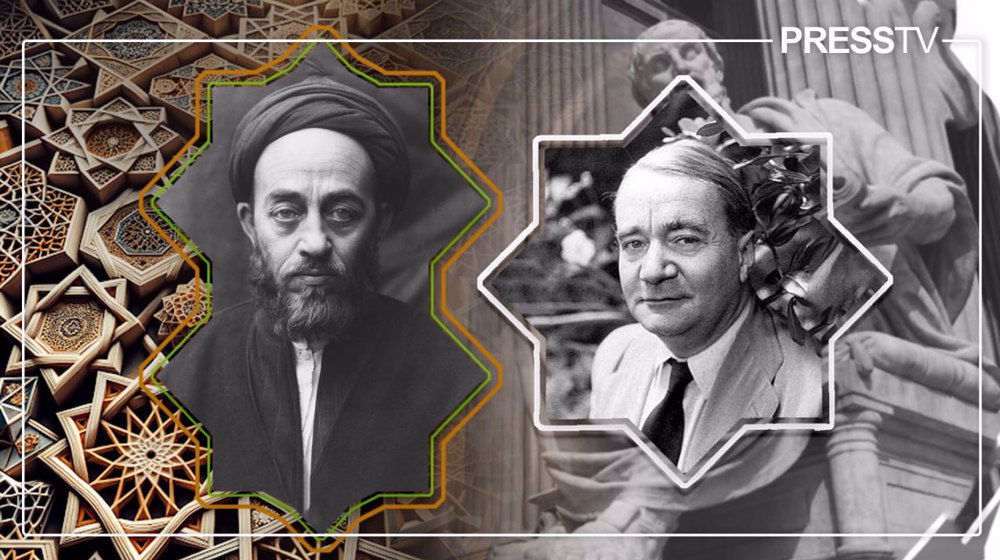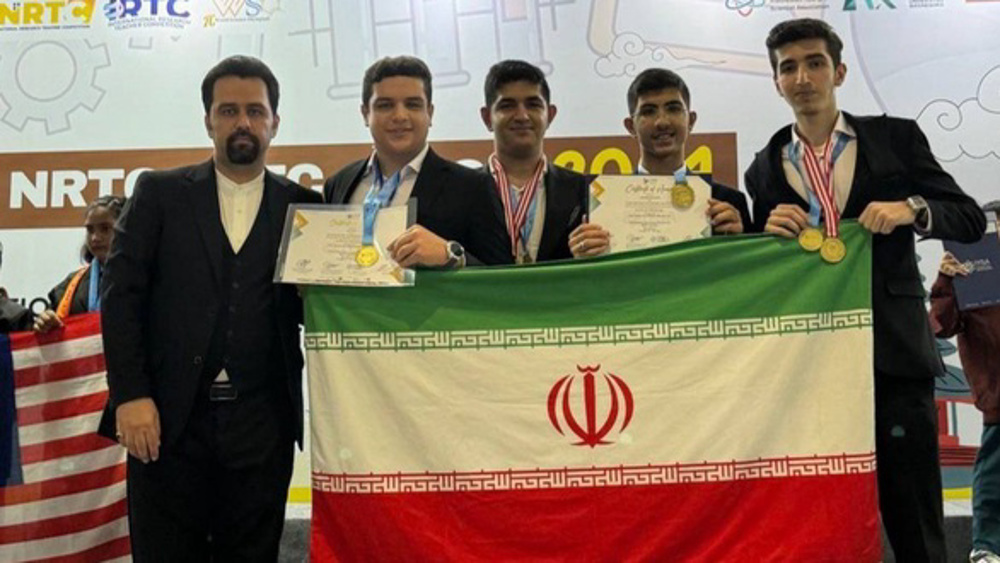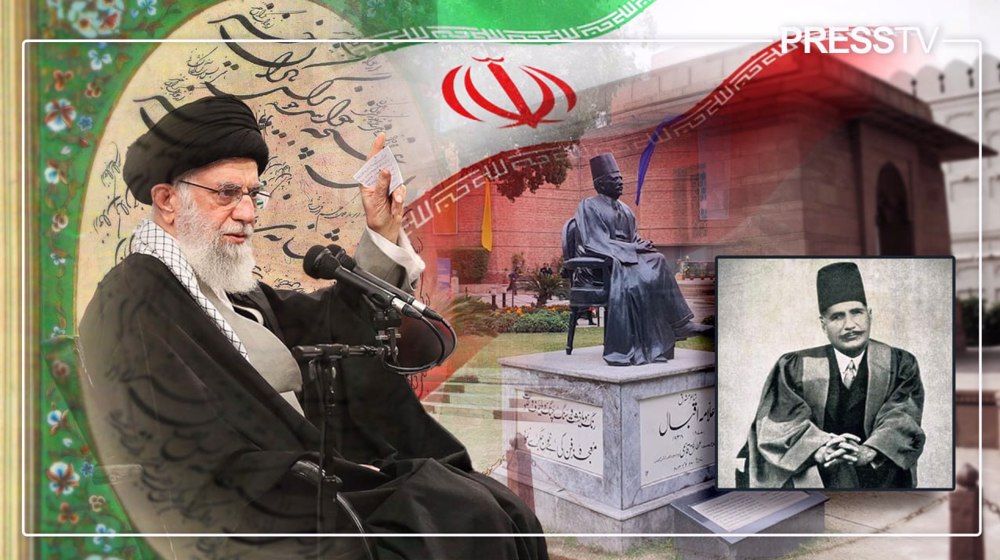Iranians celebrating beginning of Persian New Year
Iranians in the four corners of the country are celebrating Nowruz which marks the beginning of the Persian New Year.
Nowruz, which means New Day, is the first of Farvardin, the first month of the Persian calendar. The day usually falls on March 20. But in leap years, it coincides with March 21.
The Iranian people celebrate Nowruz by visiting their relatives and friends, paying respect to senior family members, going on trips and spending time in nature.
The festive occasion is one of the oldest and most cherished festivities which has been celebrated for at least 3,000 years.
Iranians do spring cleaning and decorate their homes in preparation for the occasion.
For Iranians, Nowruz is a celebration of renewal and change. They prepare to welcome the New Year days before it starts.
After celebrating the national festival of fire, Iranians mark Nowruz by setting the Haft Seen, a table with seven items starting with the Persian /s/ sound.
The Haft Seen is comprised of Sabzeh (mainly wheat grown in a dish), Samanu (a sweet pudding made from germinated wheat), Senjed (the dried fruit of the oleaster tree), Seer ( garlic), Seeb (apples), Somaq (sumac) and Serkeh (vinegar).

People also put the holy Qur'an next to the main Haft Seen items in hopes of being blessed by God in the year ahead.
The mirror, goldfish, eggs, fruit, candles, coins and hyacinth are also among the items Iranians include in their Haft Seen.
The whole table is a thanksgiving table for all the good bestowed by God, and symbolizes light, warmth, life, love, joy, production, prosperity and nature.
The United Nations Scientific, Educational and Cultural Organization (UNESCO) has recognized the occasion as “intangible cultural heritage of Persian origin.”
Spring is considered by many nations as a symbol of rebirth when flowers bloom and nature casts a green spell of fresh vitality.
In Iran and many other countries, people welcome spring with the ancient celebrations of Nowruz which coincides with the astronomical Vernal Equinox Day or the first day of spring.
Now people in Azerbaijan Republic, India, Iran, Kyrgyzstan, Pakistan, Turkey, Afghanistan, Tajikistan and Uzbekistan mark the Persian New Year on the same day with various types of festivities such as games, songs and traditional dances.
IA/NN/HRB
17 more Palestinians killed in Israeli airstrikes on Gaza school, home
Iran starts feeding gas into new centrifuges after IAEA resolution: AEOI head
Lebanese PM calls on Israel to fully commit to ceasefire, leave Lebanon
14-year-old Palestinian boy Aymah Salaymeh sentenced to 1 year in Israeli prison
Lebanon's humanitarian crisis deepens despite long-overdue ceasefire: NRC
Suicides and broken marriages: Israeli soldiers crumble under weight of war trauma
Gaza’s Islamic Jihad to Hezbollah: We’ll stay united until victory; defeat not an option
VIDEO | Israeli strikes kill six in Lebanon-Syria border crossings










 This makes it easy to access the Press TV website
This makes it easy to access the Press TV website